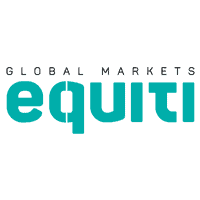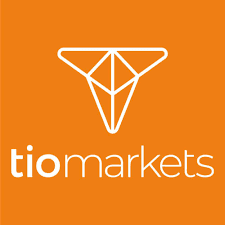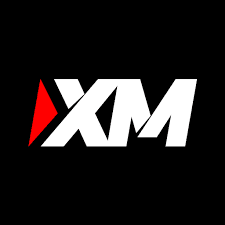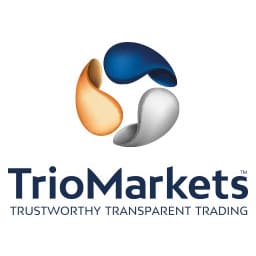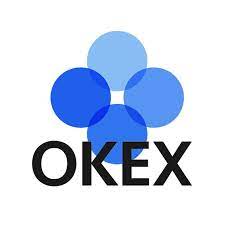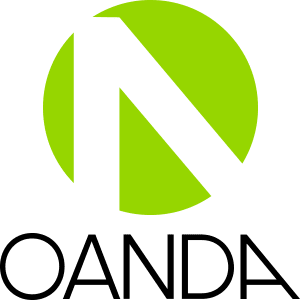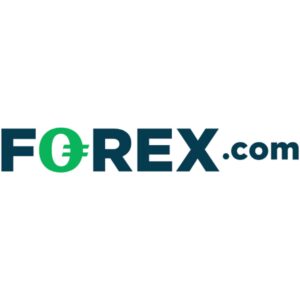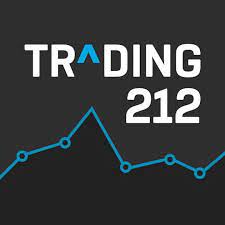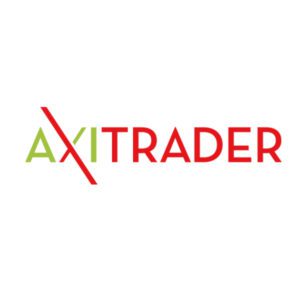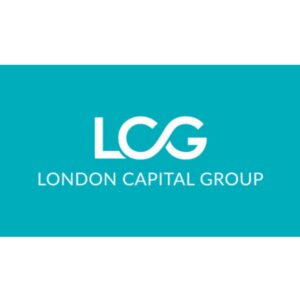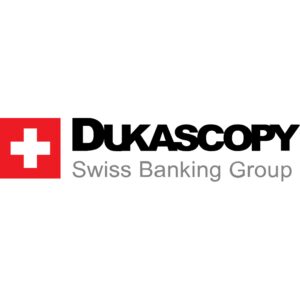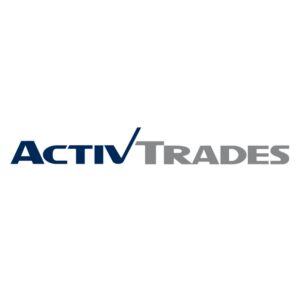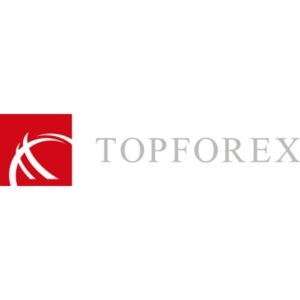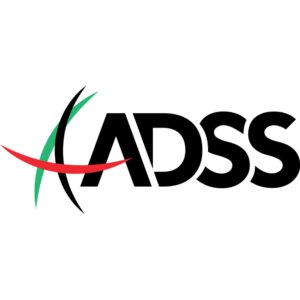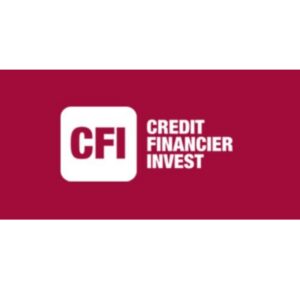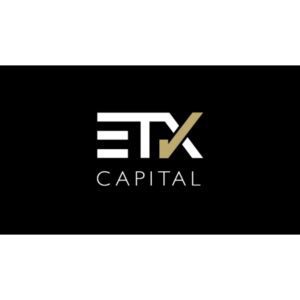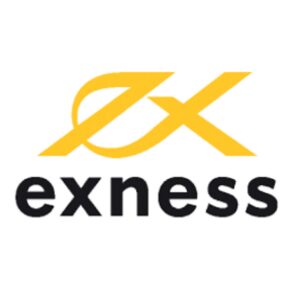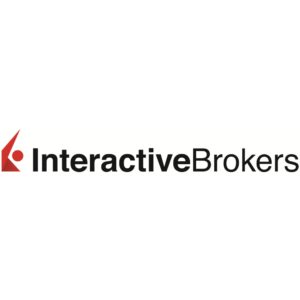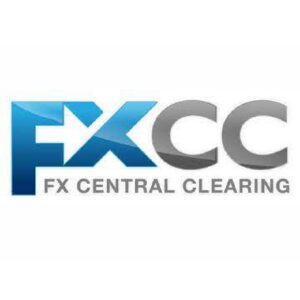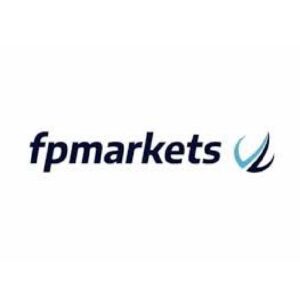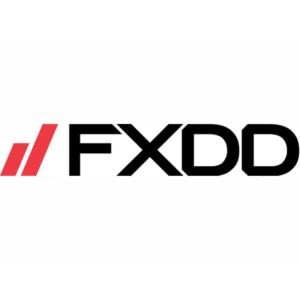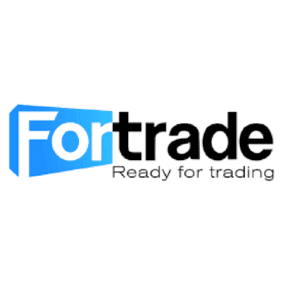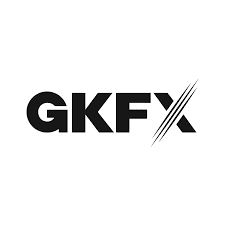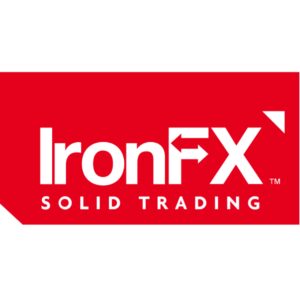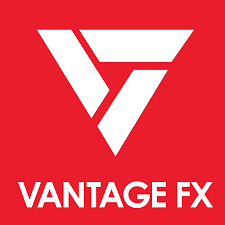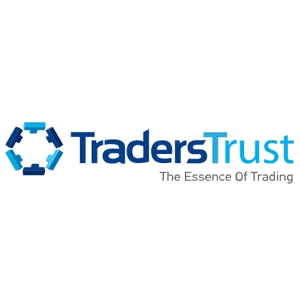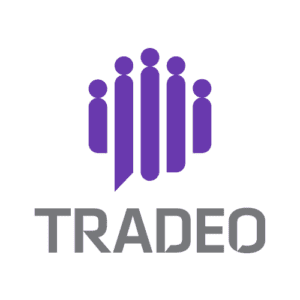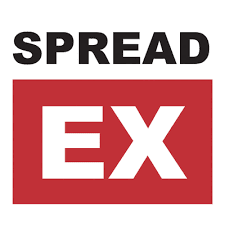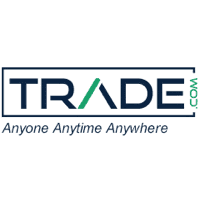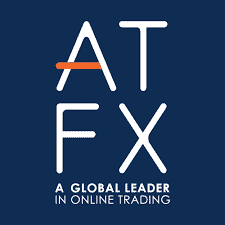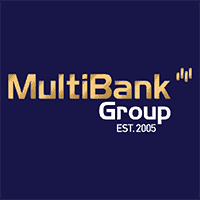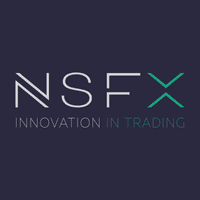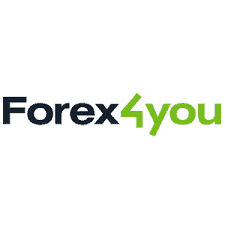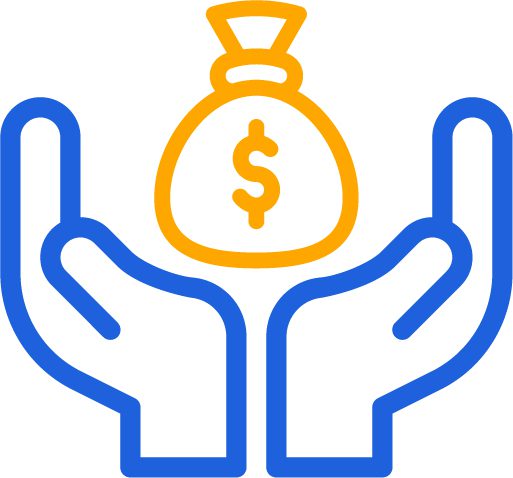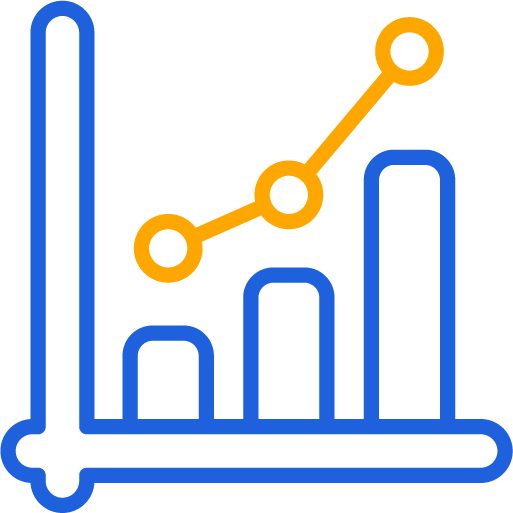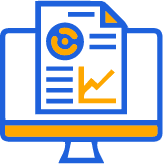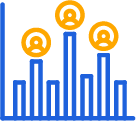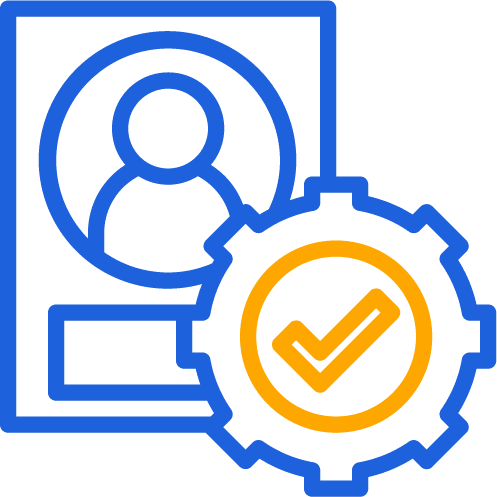Finding a broker has never been easier.
Regardless of how or what you trade, the broker you select should be easy to use, cheap, and provide all you need to be successful.
That is why we are so picky. We only include brokers that are regulated by a reputable organisation, and we make it simple to compare their prices and features so you can make an educated decision.
We let the evidence speak for itself.
Unlike other comparison sites, we present you with the information you need to choose the best broker for you, rather than presenting you with a subjective opinion. Since 2020, we’ve looked at over 100 brokers in the following categories:
STEP 1: What do you trade?
STEP 2: How experienced are you
STEP 3: Features I Need
How to choose a forex broker?
Choosing the right forex broker is a crucial step for anyone looking to trade in the foreign exchange market. The quality of your broker can significantly impact your trading experience, so it’s important to consider several factors before making a decision. Here’s a guide to help you choose a forex broker:
Regulation and Security:
- Ensure the broker is regulated by a reputable financial authority in its country of operation. This helps protect your funds and ensures the broker adheres to certain standards.
- Look for brokers that segregate client funds from their own operational funds to enhance security.
Trading Costs:
- Consider spreads (the difference between the buying and selling price), commissions, and other fees associated with trading. Lower costs can increase your profitability over time.
Trading Platform:
- Test the broker’s trading platform to see if it’s user-friendly, reliable, and offers the features you need. A good platform should provide real-time charts, technical indicators, and various order types.
Assets and Instruments:
- Ensure the broker offers a wide range of currency pairs and other instruments you’re interested in trading, such as commodities, indices, and cryptocurrencies.
Leverage:
- Leverage allows you to control a larger position with a smaller amount of capital. While it can amplify gains, it also increases risk. Make sure the broker offers reasonable leverage options and that you understand the risks involved.
Customer Support:
- Test the broker’s customer support by reaching out with questions. A responsive and knowledgeable support team is important, especially when you encounter technical or trading-related issues.
Account Types:
- Different brokers offer various account types tailored to different trading needs. Choose an account that aligns with your trading style and risk tolerance.
Educational Resources:
- Look for brokers that provide educational materials, webinars, tutorials, and market analysis to help you improve your trading skills.
Deposit and Withdrawal Methods:
- Check the available deposit and withdrawal methods, as well as any associated fees or processing times.
Reviews and Reputation:
- Research online reviews, forums, and social media to gauge the broker’s reputation and experiences of other traders.
Demo Accounts:
- Many brokers offer demo accounts that allow you to practice trading with virtual funds. This is a great way to test the broker’s platform and your trading strategies before committing real money.
Size and Stability:
- Larger, well-established brokers often offer more stability and resources. However, smaller brokers might provide more personalized service.
Regulatory Compliance:
- Ensure the broker complies with anti-money laundering (AML) and know-your-customer (KYC) regulations. This is important for the security of your funds and the prevention of illegal activities.
Remember that your choice of forex broker should align with your individual trading goals and preferences. Take your time to research, compare, and test different brokers before making a decision.


